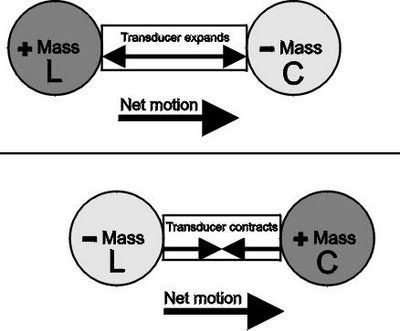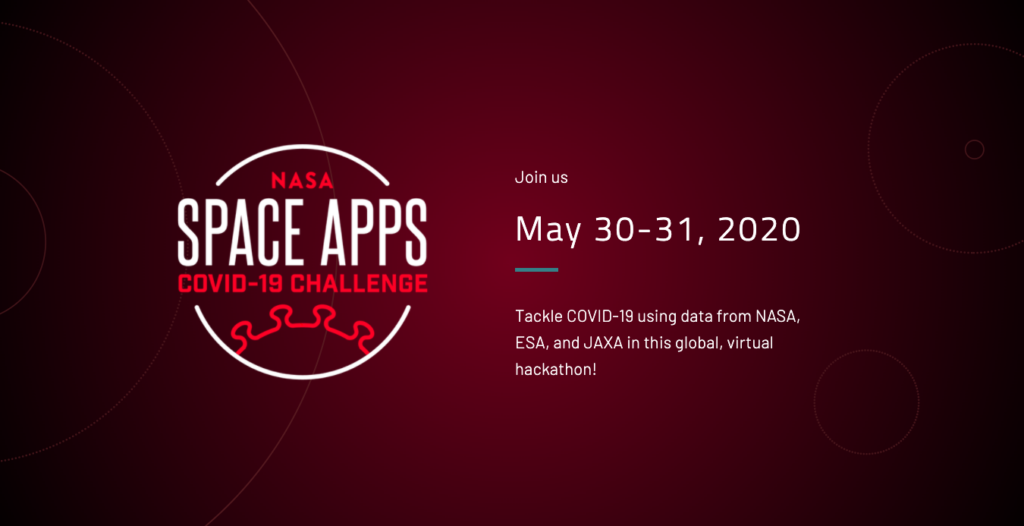Autonomous driving has been one of the fundamental pillars of Tesla’s push to electrify transport, and by all accounts, the California company is leading the pack in production deployments of autonomous driving technology.
The team of engineers at Tesla working on AI are some of the brightest minds in the space and continue to roll out new, innovative ways of not only processing and interpreting computer vision, but in developing new methods to train its AI. It’s the digital equivalent of building the machine that builds the machine, the virtual equivalent to taking a step up the chain from designing automobiles to designing the manufacturing machines, processes, and systems that build them.
Senior Director of AI at Tesla Andrej Karpathy recently took on the task of frontman for Tesla’s AI team for a day as he presented Tesla’s methods for training its AI at the Scaled ML Conference in February. Along the way, he shared a ton of new updates about the company’s approach to cracking the Full Self Driving nut once and for all.








